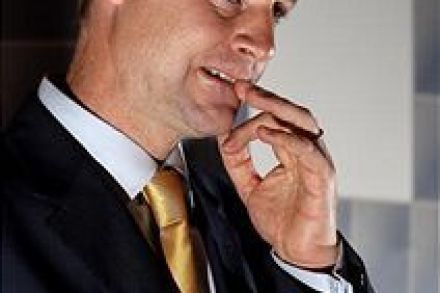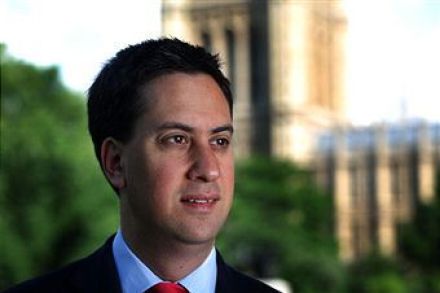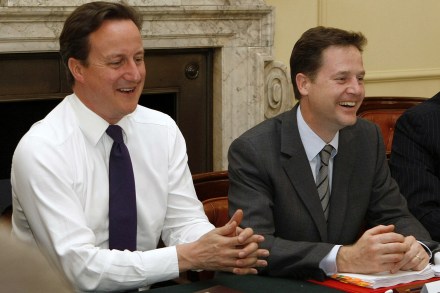Clegg versus Straw – the re-match
David Cameron’s father has suffered a stroke on holiday in France and so the PM is, understandably, travelling out there to be with him. This means that Nick Clegg will be standing in for him at PMQs. At the risk of sounding Jo Mooreish, this shift in PMQs personnel has political implications. Labour was always planning to use today to try and associate Cameron personally with Coulson and the whole voicemail interception story. That, obviously, can’t happen now. But Labour could ask Nick Clegg a series of awkward questions on this, has the deputy prime minister sought personal assurances from the director of communications about what he knew of phone




















